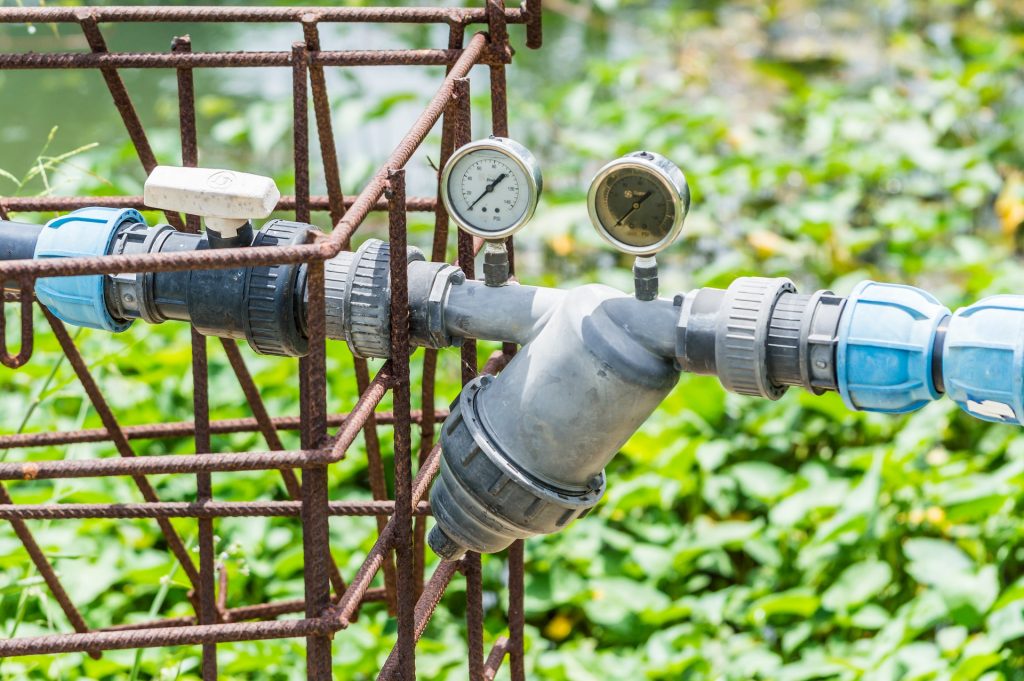
MAR# 5: Processes and appliances for productive uses
According to a 2017 State of Food and Agriculture report by the UN’s Food and Agriculture Organisation, the key to achieving the Sustainable Development Goals in Africa is transforming rural communities and promoting agriculture. This is because approximately 60% of Africans derive their income from agriculture and agricultural processes. It is therefore important to prioritize boosting small‐scale farmers’ productivity and incomes in the agricultural production stage and creating off‐farm employment in expanding segments of the food supply and value chains. Food supply and value chains segments involve processes such as harvesting, drying, cooling, transportation and retail. These processes require variations of cold chain technologies, and electrical power. The demand is met differently by different industries and countries in Africa. An example of such is industries where thermal power demand is met through biomass while cold chain energy needs are met through grid supply supplemented by diesel generators in cases of blackouts.
Technologies like combined heat and power systems (cogeneration) can help improve fuel use efficiency while improving pollution control. In order to transform rural communities, access to lighting systems alone is not enough for economic empowerment. To do this, it is important to support technological innovations and solutions such as productive use (PRODUSE) appliances in agriculture as a way of improving rural livelihoods. These appliances can be used to increase productivity and/or efficiency in agriculture and other Income Generating Activities (IGAs), such as rural industrial processes, and to improve healthcare systems delivery. PRODUSE appliances are relatively new to bottom of the pyramid markets, which are mostly found in rural communities, since system costs are as sensitive as the need for the appliances. The uptake and utilization of emerging RE can easily be slowed or curtailed by quality assurance concerns, energy efficiency gaps, lack of consumer financing and policy interventions. To avoid this, the following challenges should be addressed: the cost of energy should be low for bottom of the pyramid consumers; the power provided should be reliable to prevent loss of trust in technology; technologies used should account for cultural interactions; utilised appliances should be of good quality; system operation and maintenance capacity should exist locally.
Capacity Building Focus
Across all these areas to be further researched technical and managerial competences and capacities need to be developed.
At individual level:
- Researchers shall be involved in improving the adaptability of existing PRODUSE systems that match the identified needs and should be included on in-depth training on productive systems that could use renewable energy sources.
- Capacity building activities shall also aim at training of local technicians to get competences and skills to install or maintain PRODUSE equipment/system in order to address the needs of the communities introducing the new technologies and uses provided by research.
At institutional level:
- Concerning infrastructures, activities and programmes shall be organised to establish and provide appropriate results generated by research to bring positive advocacy to policy makers and donors.
Output
• Categories of IGAs performed by off grid communities, existing PRODUSE appliances supporting these IGAs and IGA categories and existing gaps that RE PRODUSE appliances can fill
• Existing PRODUSE appliances in small and large scale agriculture (livestock, fisheries and farming) and proposed RE appliances that can be improved or developed
• Cold chain and thermal PRODUSE appliances in different sectors such as healthcare and agriculture
• PRODUSE appliances used by industries, alternative appliances that can be used and energy efficiency measures that can be taken to improve the energy consumption of existing ones
• PRODUSE appliances available to on-grid consumers vs off grid consumers to assist with assessment of levels of service expected from RE PRODUSE appliances by off grid consumers
• Existing business models used to sell PRODUSE appliances and quality issues related to PRODUSE appliances in on grid and off grid markets
Outcome
• Understanding of opportunities for PRODUSE appliances to address IGA related challenges by researchers
• Reduction of post‐harvest losses especially in the agricultural sector
• Adoption of energy efficiency measures by industries
• Improved partnerships and joint research opportunties between European and African researchers
Impact
• Increase in productivity of the informal sector such rural industries
• Improved socio‐economic development of off‐grid communities due to support of their IGAs
• Creation of jobs and improved energy access through support of IGAs in off grid communities
• Reduced GHGs, local pollution and deforestation due to improvement in energy efficiency in Industries
